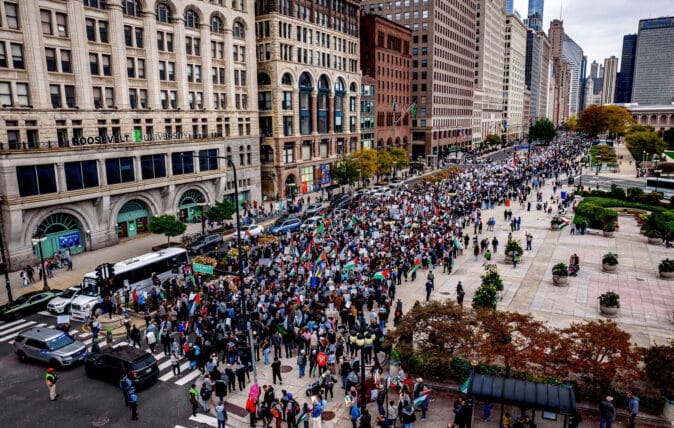Ripples of Sept. 11: Afghanistan, Counterterrorism, and Concerns For Corporate America

This article was originally featured in The Hill.
As someone who was engaged in the hunt for and capture of Ramzi Yousef, the first World Trade Center bomber, the need to be proactive in addressing terror threats was always clear to me. However, terrorism simply was not a national priority throughout the 1980s and 1990s.
This status quo was shattered at 8:46 a.m. on Sept. 11, 2001, when al-Qaeda began their strikes on U.S. soil. America responded quickly, marching headlong into strategic decisions that have rippled through the moments to now — 20 years later.
These ripples have colored our culture in countless ways. While we have successfully prevented another attack on America by the likes of al-Qaeda, unforeseen developments have opened new fronts for violence to thrive that are contributing to an already unfortunate trend.
From the impacts of post-Sept. 11 security changes to the war in and collapse of Afghanistan, security leaders need to remain vigilant in the understanding of the threat landscape to play their part in maintaining a safe and peaceful environment for the next 20 years and beyond.
For the complete article, check out The Hill.






